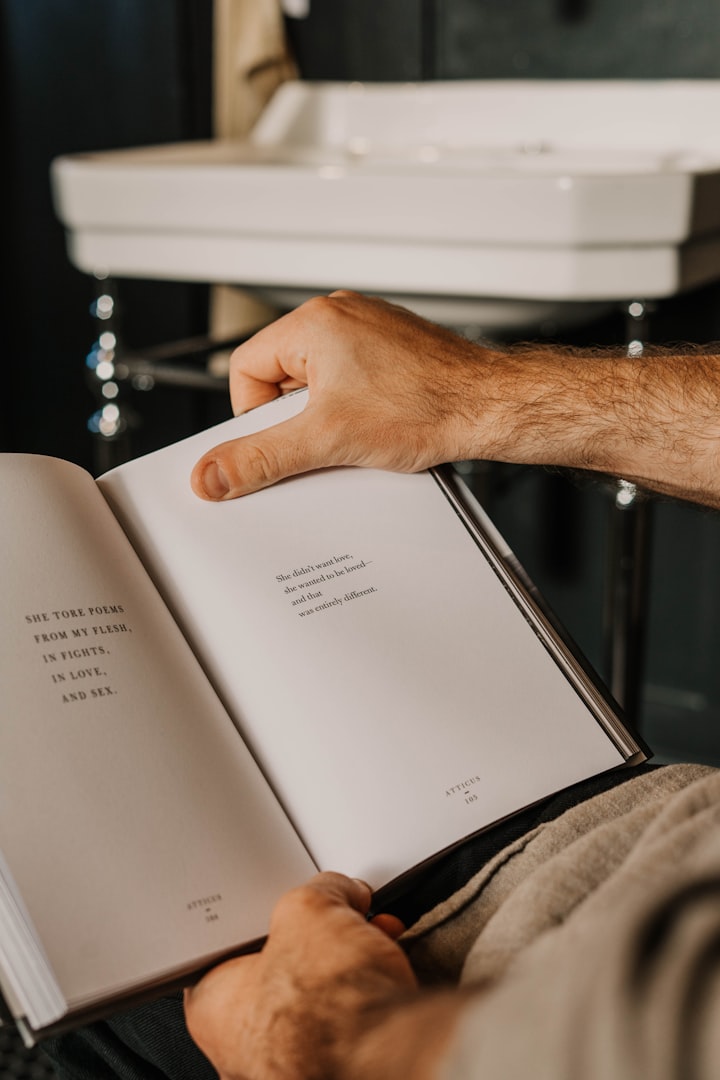
No infallible advice can be given on how to write a poem because poets develop their approaches in time. Nonetheless, here are a few exercises to generate the raw copy.
Suggestions
Plan. Ask yourself:
How much time is available? Opening lines can be dashed off in minutes but completion may take days or weeks. Be cautious, and aim perhaps for 5-10 lines in an evening. Don't wait for the muse, but write what you can when you can. Odd phrases and lines are at least something to work from, and more inspiring than a blank page.
When you write letters or tell stories, do you usually start from a newspaper article you've read, an anecdote told or overheard, something witnessed, or a general reflection? Start a poem in the way you're most comfortable with.
What sort of poem had you in mind? A story, a comment, a tribute, a protest, an elegy, a character study, a memorial? Skim through contemporary examples to start yourself off.
About the issues involved. Imagine the poem was a newspaper article: what points would you make, with what evidence and resounding arguments? Got it together? Go on then: let yourself go. Something will emerge.

Make sure the subject's important to you. Death of a friend or family member, rites of passage, the bittersweetness of first love, one of life's turning points, old transgressions, a childhood incident, injustices, unacknowledged fears... Use a mask of the second or third person if the content is too personal or painful.
Give yourself up to reverie. Go for a walk, lie on the sofa and close your eyes, go to bed, and cut out the surrounding world. Jot down the things that come to you, in whatever order or confusion. Put the scribblings away for the present, and only open the folder hours or weeks later to see what you've got. You'll be amazed at what's inside you.
Free the imagination. Try:
Automatic writing. Say 5 minutes at a stretch, continuously, never stopping. Go through the material when you've collected it in ten pages or so, and circle anything interesting.
Get a friend to say words at random. Write down the first response that comes to you. Build a poem around three of the words.
Open a diary or journal (yours or someone else's) and jot down the first incident on three successive pages. Make a poem of these.
Describe, as closely as you can, some recurring dream or nightmare. Reverse the sequence, and then make a poem.
Work through metaphors. Take four lines from any contemporary poem. Identify the metaphors. Then use a thesaurus to find alternatives for the metaphors. Then repeat with the alternatives, finding words even further removed from the originals. Think deeply about three or so of the more interesting words, and see if can draft a poem incorporating them.
Write a pastiche. Take a stanza of something well-known and rewrite it so that a) the idiom is entirely different, b) the lines end with nonsense rhymes, c) the piece is ruined with the smallest possible change, and d) the piece looks completely fresh and contemporary.
Take the last line of one of your poems (which needn't be good). Carry on from there, ignoring entirely what you drafted before.
Repeat some of these exercises on material swapped with a fellow student or poet.
"Poetry is when an emotion finds its way to the mind, and the mind finds the words" - Robert Frost
"Poetry is the rhythmic creation of beauty in words" - Edgar Allan Poe
"Poetry is about life, not just language" - Lucille Clifton
While there are many types of poetry, such as narrative poetry, epic poetry, sonnets, and haiku, just to name a few, that doesn't mean you should only write those, nor do you have to follow all the rules. Write poetry. However, if you do start writing your poems, it is worthwhile to examine these different types of poetry.
What inspires people to write poetry?
Everyone has their own story to share, and everyone has their own unique life experiences. The things that touch us in the most dramatic ways often ignite our poetic side. A person's love for nature, the people who matter to them, the places they travel, important events, tragedies, or the loss of a loved one can be written and expressed in the form of poetry. Poetry gives us the freedom to roam our thoughts and feelings about different experiences in our lives and to show them to others. Your dreams and fantasies can be your inspiration for writing poetry, or they can be where you express your world of ideas.
Many of us want to express our words in the form of poetry to see how relevant our situation is, and many times we write to understand what we are going through. Our ideas are simply expressed in a unique language that is easy to read and listen to.
About the Creator
Sal Tori
Education is what remains after one has forgotten everything one has learned in school.






Comments
There are no comments for this story
Be the first to respond and start the conversation.